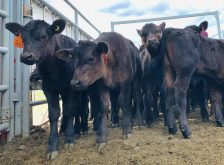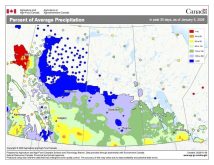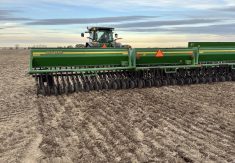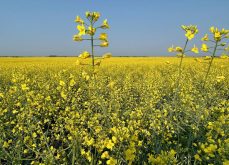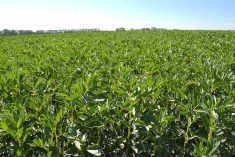A University of Lethbridge professor is hoping to narrow the rural-urban divide by capturing real-life stories from the country to city folk.
Carol Williams and a team of students collected stories of ranchers from southern Alberta’s foothills thanks to a grant from the Alberta Rural Development Network.
“I just wanted to make a modest attempt, an educational project, that I could take into schools, take to urban dwellers and have the perspectives of rural producers,” said Williams, an associate professor and chair of the women and gender studies department.
Read Also
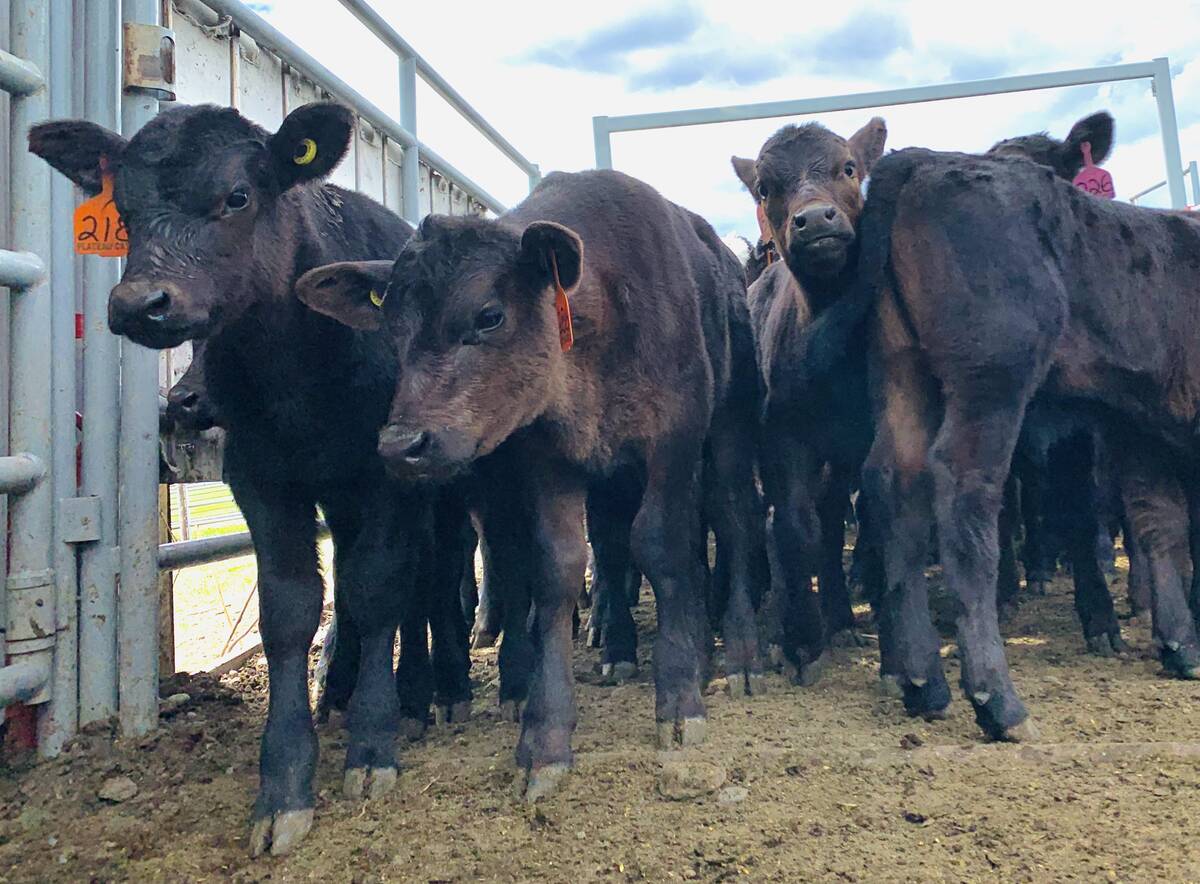
How ‘care and compassion’ protocols drive performance at this Alberta ranch
Plateau Cattle Company says lowering stress in calves using science-based practices leads to higher weaning weights and better animal health.
Her team collected oral histories of nine ranchers, which were transcribed and are being donated to the Galt Museum and Archives in Lethbridge, as well as taking videos and photographs. The ranchers were asked about their family histories, environmental stewardship, urban expansion, and other topics.
“It’s a really important tool for historians these days,” Williams said of oral history. “It’s a way of sort of taking a snapshot of individual histories that often don’t get told.”
A questionnaire on topics such as succession planning and division of land, ranching skills, and the division of labour between genders was part of the project and Williams is hoping to have more ranchers fill one in.
“I’m a women’s historian, so I’m interested in women’s labour and the fact that it’s often not recognized,” Williams said.
The Southern Alberta Land Trust Society partnered in the project because the organization views conservation of western heritage as part of its mandate, said executive director Alan Gardner.
“I think there is a need for a greater understanding between urban and rural people of the value that each bring to our landscape and to our society,” said Gardner.
The society also wants to educate people about the effects of expansion of urban and suburban areas on to agricultural land.
“That’s what reciprocity is all about – education,” he said.


